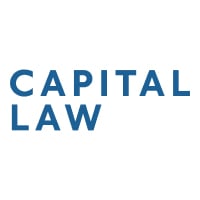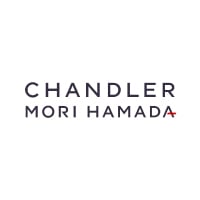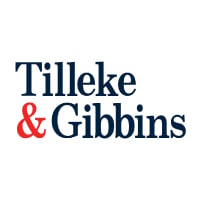

Senior manager, legal and compliance | MEGA Lifesciences






Oranut Dechanukool
Senior manager, legal and compliance | MEGA Lifesciences
What are the most significant cases, projects and/or transactions that you and/or your legal team have recently been involved in?
I have played important roles in various industries such as infrastructure, real estate development, energy and pharmaceuticals. My work has covered many legal areas, including commercial contracts, litigation and consumer protection. One of the most valuable experiences was working closely with the finance and sales teams to design a large-scale Condominium Sales and Purchase Agreement for a foreign agent overseas. We carefully structured the agreement to avoid creating a formal agency relationship. This approach helped to reduce tax issues and minimise legal risks in different countries.
In another vital matter, I provided legal counsel to the company in relation to a consumer complaint about the pricing of pharmaceutical products. As a licensed manufacturer authorised by the Thai Food and Drug Administration (FDA), the company operates through subsidiaries for the distribution of products to both over-the-counter (OTC) channels and hospitals. Direct sales to consumers, however, are not permitted. The matter arose when a consumer purchased a large quantity of a drug product from a pharmacy at a price approximately three times higher than the prevailing market rate. Subsequently, the consumer submitted a complaint to the company, alleging that the price was unreasonably high and seeking compensation. Although the situation was somewhat unusual, it presented a variety of legal and operational considerations. Ultimately, the matter was resolved through a coordinated and effective functional response.
How do you approach managing legal aspects during periods of instability or crisis to ensure the organisation’s resilience?
My initial approach to managing legal aspects during periods of instability or crisis emphasises human development by promoting lifelong learning, particularly in adapting to emerging technologies and evolving roles. Equally important is the establishment of robust policies governing the use of AI, with a strategic mindset that leverages AI and automation to improve operational efficiency and reduce costs, while maintaining a strong commitment to ethical standards and data security.
Secondly, it is essential to recognise the critical role of legal risk management. This function safeguards organisations, helping them avoid or minimise legal consequences. Legal risk management during a crisis extends beyond reactive measures; it involves more than simply responding to legal threats as they arise. It requires a comprehensive approach that includes understanding the legal environment and preparing legal strategies within broader crisis management efforts.
I view crises as opportunities to reinforce organisational resilience by capturing lessons learned, updating policies and strengthening legal infrastructure for the future. I ensure that the organisation has a legal risk management framework in place, incorporating key elements such as contingency clauses, force majeure provisions and up-to-date compliance protocols to enhance organisational resilience during times of crisis.
Have you had any experiences during your career as a lawyer that stand out as particularly unique or interesting?
On one particular occasion, I represented a client in court proceedings where I was required to undertake multiple roles – serving as the client’s attorney, translator and factual witness. This experience was uniquely challenging and demanded the highest level of professionalism, composure and ethical awareness.
What do you think are the most important attributes for a modern in-house counsel to possess?
In my view, legal knowledge alone is not enough. To be a truly effective lawyer, one must go beyond simply enforcing rules or practising law. A great lawyer also needs strategic thinking and strong moral judgement.
First, it is important to raise awareness about the role and value of the in-house legal function within the organisation.
Second, lawyers must be comfortable using technology to handle legal work more efficiently and effectively.
Third, lawyers should work closely with cross-functional teams to identify evolving risks, priorities and critical legal exposures. It is essential to have a clear decision-making process and legal escalation channels.
Fourth, they should maintain open and transparent communication. They should aim to provide useful insights, offer constructive feedback and be able to explain complex legal language in plain terms.
How can general counsel foster a corporate culture that supports ESG principles and compliance across all levels of the organization?
As a counsel, fostering a corporate culture that supports ESG principles and compliance begins with positioning the legal function as both a strategic advisor and a guardian of corporate integrity.
Nowadays, we must recognise that ESG performance can no longer be overlooked as a component of modern business operations. It has become a critical factor for stakeholders across all industries and sectors. ESG should not be viewed as an optional initiative but rather as a core standard that must be embedded into the company’s strategic direction and operational practices.
Compliance must be more than just a set of written policies. It should be transformed into practical, actionable guidance that employees can integrate into their daily work. As we say, “Turn it into practice, not just paperwork.” A simple yet effective approach is to lead by example and show that compliance is everyone’s responsibility, not solely that of leadership.
We should also collaborate to cultivate a culture that emphasises doing the right thing. This includes working with HR and internal communications to integrate ESG and serve as a bridge between relevant stakeholders, particularly between the Board and the front line.